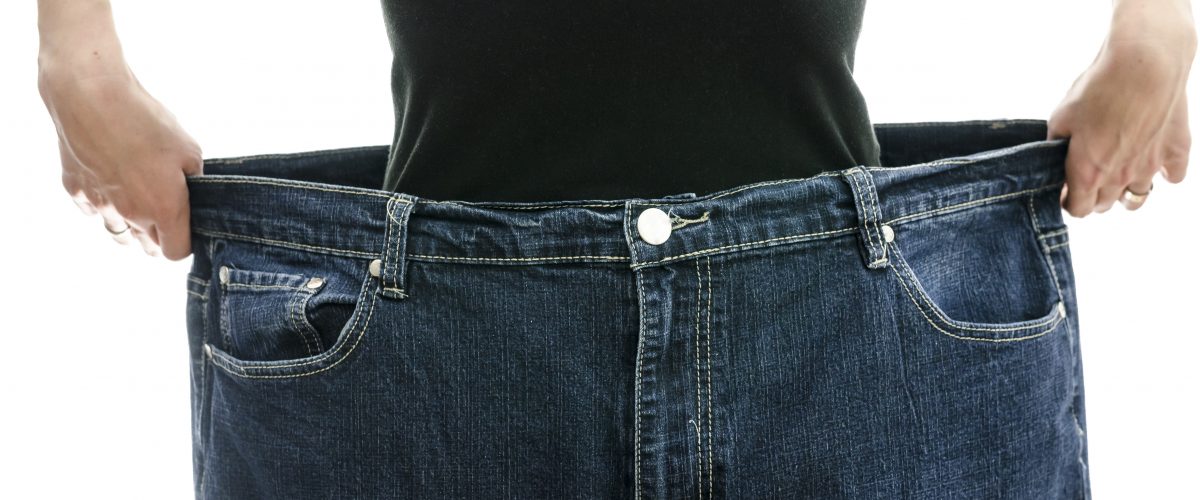By Virginia Gurley, MD, MPH
MB (Marc Braman, MD, MPH):
Our topic this session is “You Lose, You Snooze.” Thank you sharing your expertise with us, Dr. Gurley.
VG (Virginia Gurley, MD, MPH):
Thank you, Dr. Braman.
MB:
Now, we’ve talked previously about how getting more quality sleep can help one lose weight and maintain a healthy weight, but what about the other side of the coin, does losing weight affect sleep?
VG:
Well, in fact, yes. Losing weight can improve the quality of your sleep in 2 very important ways. One way losing weight helps sleep is through improving the quality of our breathing during sleep. The other way is through how losing weight affects metabolism during sleep.
MB:
Now, breathing and metabolism are both important, let’s start with breathing first – how does losing weight improve our breathing and sleep?
VG:
As we’ve talked about in earlier sessions, being overweight increases the chance of developing a condition called obstructive sleep apnea, or OSA for short, and it’s increased by 4 to 6 times. So, OSA is a serious condition where a person stops breathing for short periods throughout the night. When a person has untreated OSA, getting high quality sleep is pretty much impossible, because sleep is disrupted over and over again throughout the night. The good news is losing weight has been shown to decrease how often and for how long a person with OSA stops breathing, and some studies have even shown that losing weight can “cure” OSA.
MB:
Fantastic, that is powerful. We have covered how sleep problems contribute to metabolic diseases like diabetes or cardiovascular disease in the past, so I guess that now connects us to the “metabolism” part. How does losing weight improve metabolism and sleep?
VG:
It turns out that sleep quality is strongly affected by how much energy our body burns during sleep, especially compared to how much energy we burn during the day. If we burn more energy, or have a higher metabolic rate during sleep than during the day, then sleep quality is significantly worse. What has recently been discovered is that being overweight increases sleep time metabolism and DECREASES sleep quality.
MB:
So this actually speaks to a misconception out there where people think that anything that increases your metabolism must be good. This is a bad increase in metabolism. It’s not when we want it to be happening. So, people who are not overweight have lower metabolic rate and better sleep, right?
VG:
That’s right.
MB:
Great! So, not only is it true that “You snooze, you lose” – sleep helps us lose weight, but it is also true that “You lose, you snooze” – you lose weight and you will get much better sleep. Lifestyle as medicine is pretty cool! Thank you, Dr. Gurley!
VG:
Thank you, Dr. Braman.
Chronic sleep deprivation and seasonality: implications for the obesity epidemic. Cizza G, Requena M, Galli G, de Jonge L. J Endocrinol Invest. 2011 Nov;34(10):793-800. doi: 10.3275/7808. Epub 2011 Jun 27. Review.
The reciprocal interaction between obesity and obstructive sleep apnoea. Ong CW, O’Driscoll DM, Truby H, Naughton MT, Hamilton GS. Sleep Med Rev. 2013 Apr;17(2):123-31. doi: 10.1016/j.smrv.2012.05.002. Epub 2012 Jul 18.
“Chapter 7: Quality Sleep is Associated with Overnight Metabolic Rate in Healthy Older Adults.” Valenti G, Bonomi AG, Westerterp KR. Physical Activity in Older Adults. Maastricht University 2016. 99-108.





